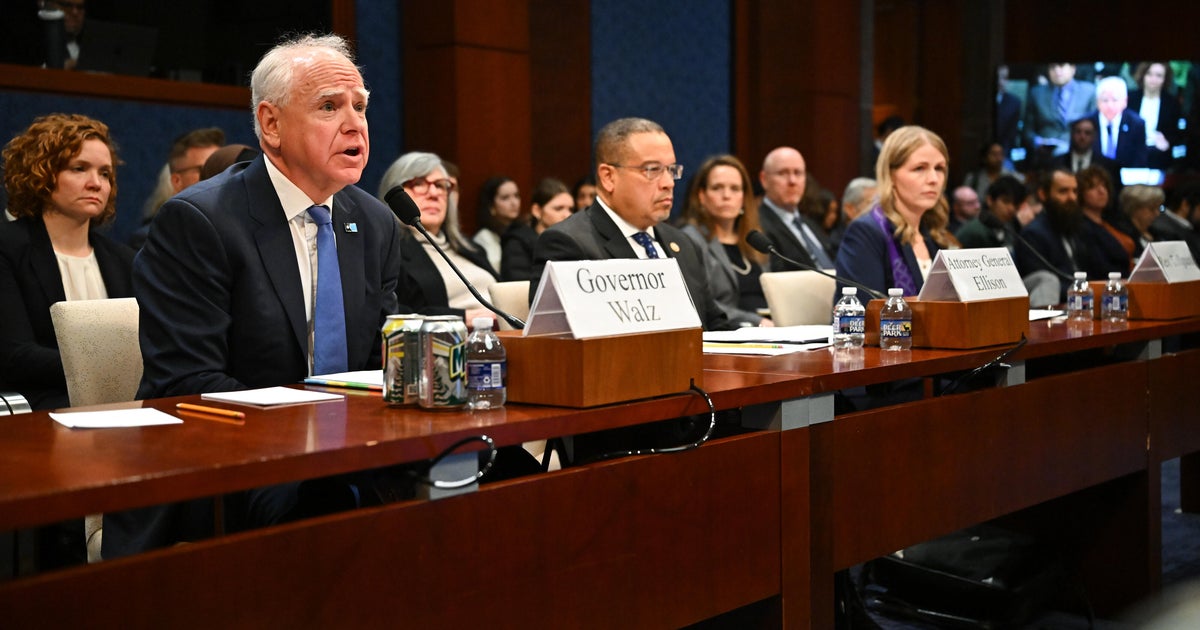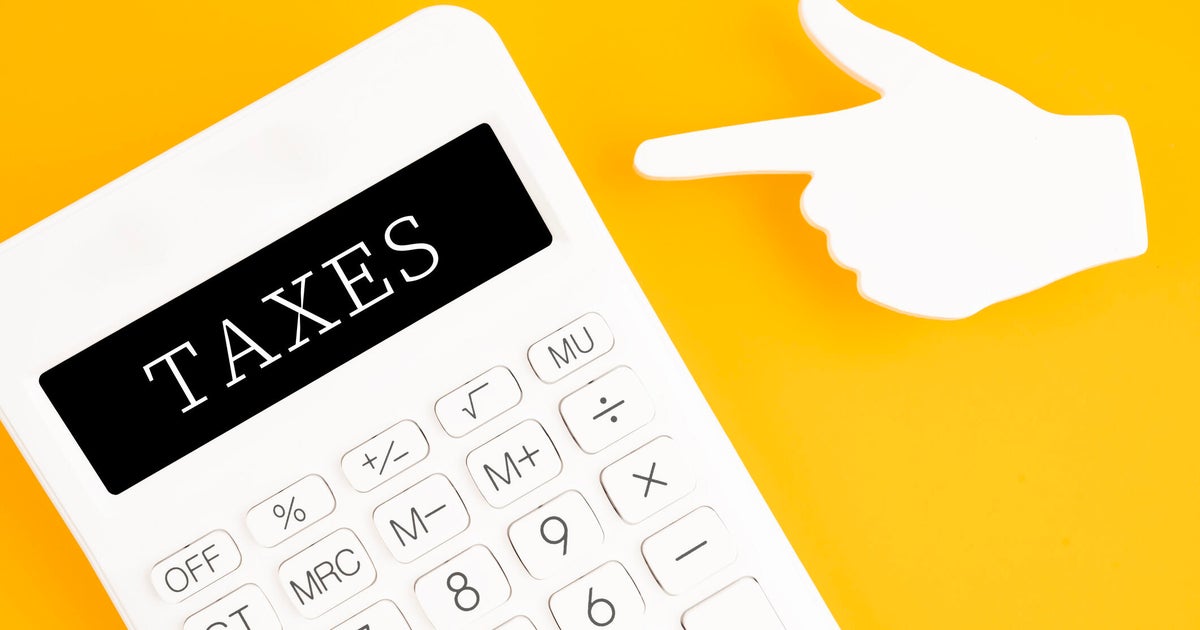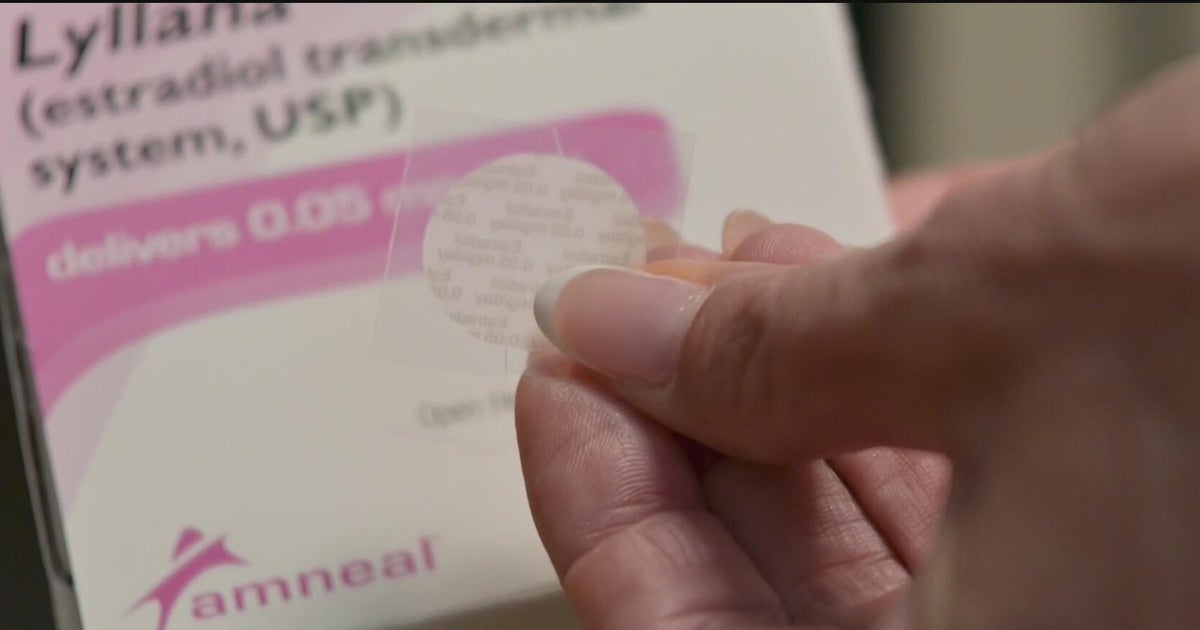Montana ends extra jobless benefits as businesses struggle to find workers
Montana is ending its participation in the federal unemployment program that gives people extra weekly unemployment benefit payments as the state struggles with a worker shortage, Republican Governor Greg Gianforte announced Tuesday.
Beginning June 27, unemployed workers in Montana will no longer receive $300 in weekly extra benefits funded by the federal government through September 6. The state will launch a new program to give bonuses to unemployed individuals who return to work.
"Montana is open for business again, but I hear from too many employers throughout our state who can't find workers. Nearly every sector in our economy faces a labor shortage," Gianforte said in a statement.
He said the extra federal unemployment benefits are "doing more harm than good," echoing comments by some that the additional payments serve as an incentive for people to stay home, collect money and not seek work.
U.S. Labor Secretary Marty Walsh was disappointed by Gianforte's decision, according to a statement by U.S. Labor Department spokesperson Michael Trupo.
"Choosing to eliminate these critical benefits will have the greatest impact on the most vulnerable," Trupo said, adding that workers who are at a higher risk from contracting COVID-19 or who live with a vulnerable family member must now "make an impossible choice" between their health and their economic security.
The Labor Department has not seen evidence that enhanced unemployment benefits are keeping people out of the labor force, Trupo said.
Montana's unemployment recipients can get between $151 and $510 weekly from the state's program, meaning people claiming unemployment benefits from the state were getting between $451 and $810 weekly because of the federal boost.
The minimum wage in the state is $8.65 per hour, adding up to $346 per week for a full-time job.
Under the new Montana incentive program, workers currently receiving unemployment payments can qualify for a one-time $1,200 bonus after they have completed four weeks in their new jobs. The governor approved $15 million in funding for the incentives from federal coronavirus relief money allocated to the state.
There are about 25,000 people currently filing unemployment claims for payments in the state, according to the Montana Department of Labor. The department also estimates there are about 14,000 job openings.
3.8% unemployment hits pre-pandemic rates
The state's unemployment rate dropped to 3.8% last month, reaching pre-pandemic joblessness levels. Despite an influx of new residents to the state, Labor Commissioner Laurie Esau said the state's workforce is 10,000 workers smaller than it was before the pandemic
"Our labor shortage doesn't just affect employers and business owners. Employees who are forced to work longer shifts, serve more customers or clients, and take on more duties have been paying the price," Esau said in a statement.
A bipartisan advisory commission, made up of lawmakers and members of the executive office, unanimously approved the incentive program Tuesday before the governor approved it.
The program will run through October and has funding to give the bonuses to as many as 12,500 workers.
The bonuses will be distributed on a first-come, first-serve basis. Workers who leave their new jobs after receiving the bonus will not qualify for unemployment benefits.
Those rules would "hopefully act as incentives to try to get people to use this quickly, in a right way, for a good job, something that is sustainable," said Scott Eychner, an administrator with the state's Department of Labor.
Montana's unemployment payment claims rose from a pre-pandemic average of around 10,000 per month to 85,000 in April of last year.
The federal government last spring approved $600 in additional weekly benefits for unemployed workers receiving payments from their states' unemployment programs. That benefit expired in July and was later replaced by the $300 in additional weekly benefits.
In addition to ending participation in the increased unemployment payments, Montana will also go back to requiring unemployed people applying for benefits to actively seek work in order to qualify starting at the end of June, a requirement that was waived at the onset of the pandemic. Several states have also announced they will reinstate the work-search requirement, including Vermont, New Hampshire and Arizona.
A 13-week limit on the duration of eligibility for unemployment benefits that was waived during the pandemic also will be reinstated. Self-employed workers and independent contractors, who were made eligible for benefits under the extended program, will no longer qualify for Montana unemployment payments.
Business owners cheer the change
Several business owners released statements Tuesday applauding the governor's announcement, saying it would help them find employees.
"Finding employees has become our biggest challenge," said Laura Carden, chief financial officer of Wheat Montana Farms & Bakery in Three Forks.
Brad Griffin, president of the Montana Restaurant Association, called the announcement "a step in the right direction."
But some expressed skepticism over the move, saying it did not address the underlying concerns leading jobs to go unfilled in the state, including rising housing costs and wages that are not high enough to pay the bills.
Billy McWilliams, owner of an adult sex store in Bozeman, said he has seen employees leave over the rising cost of living. The policy change "is not addressing the real problems we're facing," he said.
In towns like Bozeman, where costs of housing have skyrocketed during the pandemic, workers "are not getting jobs because these jobs don't pay enough to pay their bills," McWilliams said.



